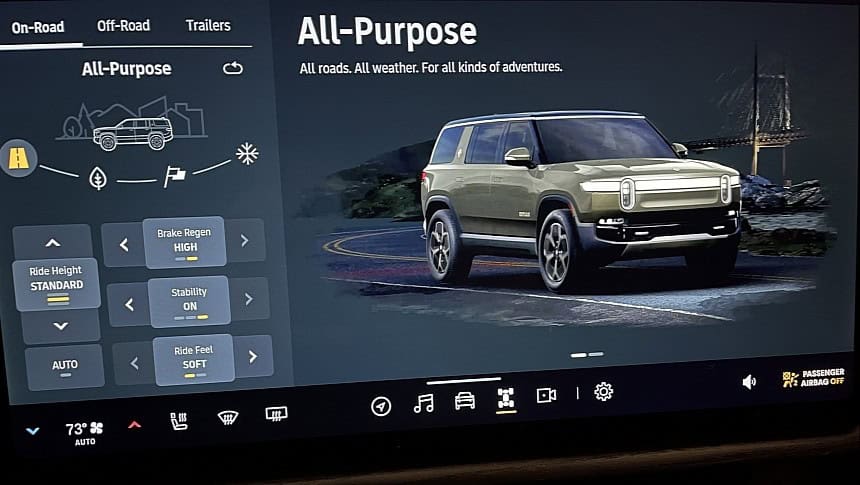Volkswagen has announced a new partnership with U.S. electric vehicle manufacturer Rivian to develop automotive software. The collaboration, which includes an initial investment of $1 billion, could see Volkswagen’s total investment in Rivian reach up to $5 billion by 2026. The joint venture will focus on software, control units, and network architecture.

Concerns at Volkswagen’s Cariad division
Volkswagen’s decision to collaborate with Rivian has raised significant concerns among employees at Cariad, Volkswagen’s own software subsidiary. Cariad has been plagued with issues, leading to delays in key software projects. This has forced VW’s subsidiaries, Audi and Porsche, to postpone the launch of new models. The partnership with Rivian is seen as a potential solution to these ongoing problems.
However, the lack of involvement of Cariad’s head, Peter Bosch, in the discussions with Rivian has caused unease among the approximately 6,000 Cariad employees. According to the Financial Times, a senior Cariad engineer reported, “We all learned about Rivian from the news.”
Cariad employees fear for their future
The atmosphere at Cariad is reportedly chaotic. One employee expressed concerns, stating, “There is so much chaos at the moment. But we know this could more or less be the end of Cariad.” Doubts persist about whether VW’s new software strategy will succeed.
Automotive analyst Stephen Reitman of Bernstein Research also views the joint venture as a potential setback for Cariad, describing it as “another nail in the coffin” for the division.
Internal conflicts and shifting priorities
Cariad employees attribute the division’s issues to bureaucratic inefficiencies and shifting priorities within VW’s top management. Under former CEO Herbert Diess, who established Cariad, the development of the Platform 2.0 for vehicles was given top priority. When Oliver Blume took over as CEO in 2022, he halted the Platform 2.0 development and redirected focus to addressing issues delaying model launches.
A year later, Blume dismissed nearly the entire top management team and brought in Peter Bosch, who then changed the priorities again, reviving internal software development efforts aimed at advancing VW’s automotive technology.
Despite these internal challenges, Daniela Cavallo, chair of VW’s works council, remains a strong advocate for Cariad. She has questioned whether the new venture will turn out to be another “money pit,” expressing a desire to fix Cariad’s existing issues rather than outsourcing critical software development.
The future of Cariad remains uncertain as Volkswagen embarks on this new partnership with Rivian, balancing between external collaboration and internal reform.









